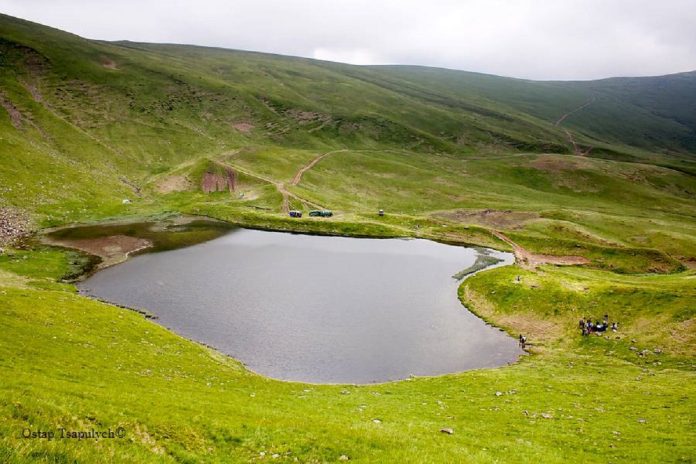Кліматична криза, яка поступово охоплює Землю, стає все більш очевидною. Нове дослідження показало, що до 2100 року озера по всьому світу можуть зазнати безпрецедентного підвищення температури, що вплине на їх екосистеми та біорізноманіття. Це відкриття, оприлюднене на сайті SciTechDaily, підтверджує, що потепління клімату загрожує не лише поверхневим, а й глибинним шарам водних систем.
За даними дослідження, проведеного міжнародною командою вчених, світові озера можуть зіткнутися з різким і тривалим підвищенням температури води. Використовуючи передові кліматичні моделі та дані про температуру озер, дослідники змогли змоделювати як термодинамічні, так і динамічні зміни в озерних системах. Результати виявилися тривожними: потепління буде набагато інтенсивнішим, ніж будь-коли раніше спостерігалося.
Тропічні озера, зокрема, будуть особливо вразливими до цього потепління. Дослідження показало, що зміни клімату в тропіках відбуваються швидше, ніж в інших регіонах. Це підвищення температури води створить серйозні проблеми для біорізноманіття цих екосистем. Багато водних організмів можуть не зуміти адаптуватися до нових умов і можуть бути змушені мігрувати у пошуках прохолодніших вод. Однак, у багатьох випадках таке переміщення може бути неможливим або надто складним, що може призвести до втрати видів.
У своїй роботі команда вчених використовувала кліматичні моделі, що моделюють взаємодію між атмосферними умовами і динамікою озер. Це дозволило їм оцінити, як антропогенне потепління може вплинути на водні системи. У дослідженні були використані дані про температуру озер, а також 100 симуляцій минулого і майбутнього, які були запущені на одному з найшвидших суперкомп’ютерів Південної Кореї. Ці симуляції допомогли зобразити потенційні сценарії розвитку подій до кінця століття.
Потепління озер може мати серйозні екологічні наслідки. Втрата біорізноманіття, зміна екосистем та зниження якості води можуть вплинути на місцеві громади, які залежать від цих водних ресурсів. Вода є життєво важливим ресурсом для багатьох країн, і її зміни можуть вплинути на сільське господарство, рибальство та водопостачання.


